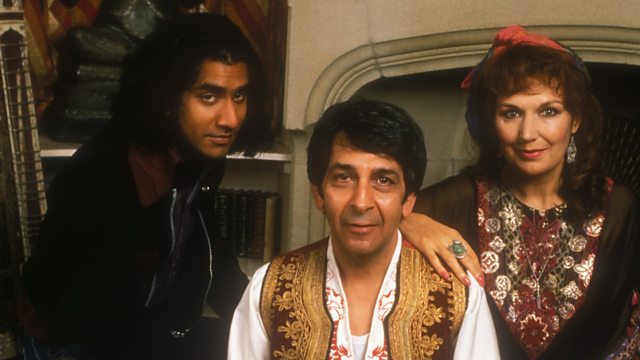
The young Kureishi moved to west London to study philosophy at King’s College and had his first plays performed at the Royal Court theatre in Sloane Square. His father, who came from an aristocratic Indian family, was employed by the Pakistani Embassy in London while his white English mother worked in a shoe shop. Kureishi, like Karim, was born in Bromley in 1954. London’s unglamorous suburbs have attracted much less literary attention than the city proper, and it is rare for a novel to flaunt its suburban origins in the title.

So this is a particularly a good moment to look back at less discussed but equally significant aspect of The Buddha of Suburbia: its treatment of class and the links between class and place. Now, in large part because of Kureishi’s work, multiculturalism is mainstream. A lot of critical attention has quite rightly been paid to this. In 1990 there were hardly any English novels about growing up as a mixed race child so The Buddha of Suburbia and Kureishi’s first film with Stephen Frears, My Beautiful Laundrette, were important interventions in the debate about what it means to be British in the wake of postwar immigration. Louis-Ferdinand Celine: Guignol's Band I & II John Sommerfield: Trouble in Porter Street

Pamela Hansford Johnson: This Bed Thy Centre


 0 kommentar(er)
0 kommentar(er)
